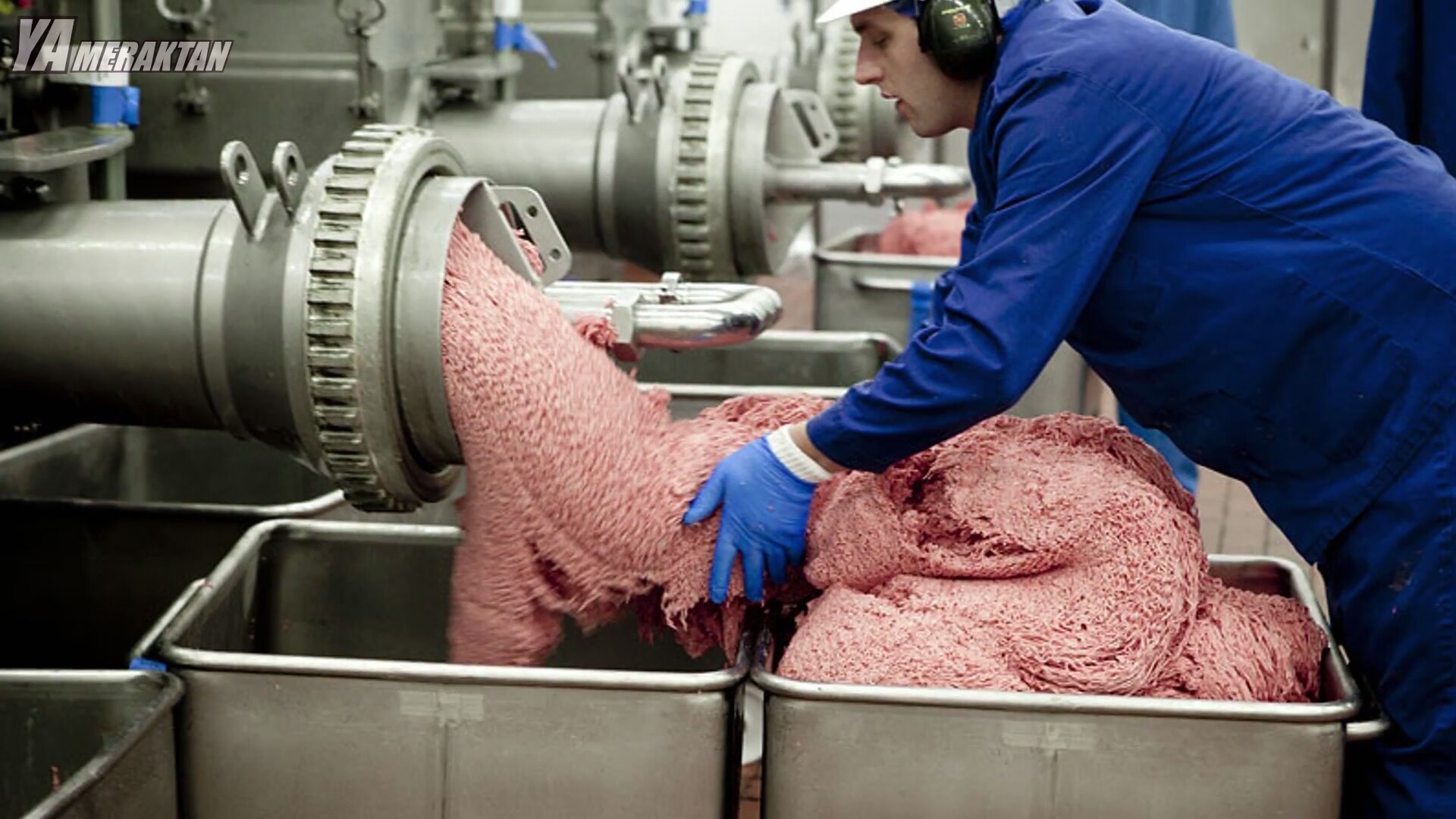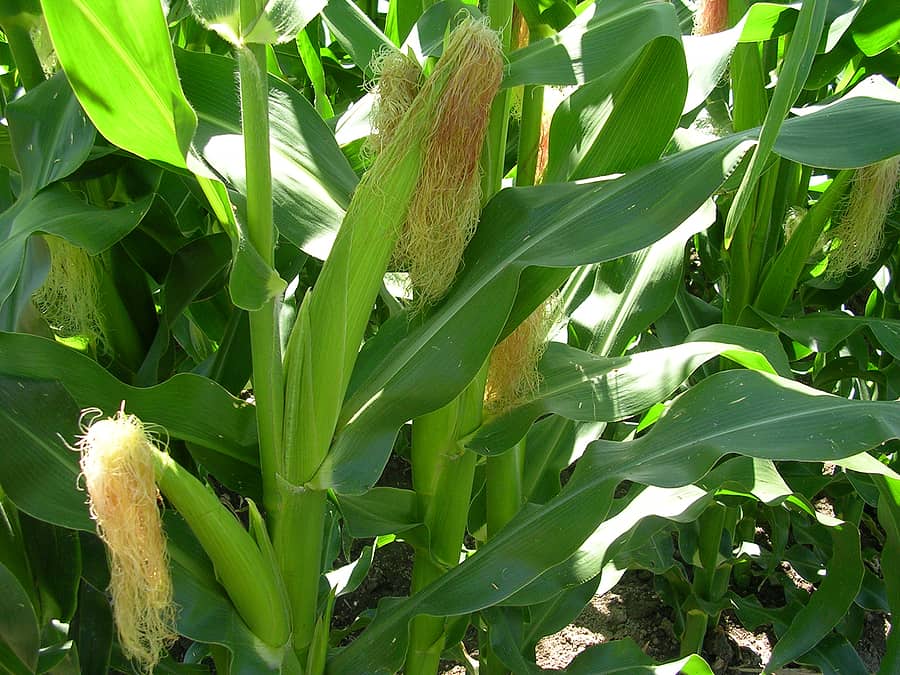Food today is not being grown like it used to be. "For around 200,000 years, human lived by gathering and hunting for their food" (Robertson, 2014, p. 223). Food is no longer coming from farms like before, but from factories. These factories do not treat the animals humanely, and these factories are dangerous to the animals and to us. Contamination is also a big problem in these factories. E-coli and salmonella are found in these factories, as they are grinding up thousands of animals, and combining them into one meat source. This makes it harder for the company to find the source of contamination, and the contaminated meat goes all over the country and the world. The farmers that work for these companies, are not allowed to talk about their farms anymore.
The first types of these factories were fast food restaurants. The first one that ran like a factory was McDonalds. They trained one person to do one specific job. This made the pay wages lower, and it was easy to replace a worker when they were fired. They are now the main user of beef and potatoes in America.
One thing from the movie that I did not realize, was that cows are not made to eat corn. Cows need to be grass fed only. Factories are feeding the, corn, because it is cheaper, and they gain weight much faster. When cows eat corn, they do not digest it correctly, leading to the build up of E coli bacteria in their guts. This e coli is then transferred to the meat when the animal is slaughtered. It also is present in the manure, and on their coats, and the workers are present to it all day. They get infections on a regular basis, which can some times cause death.
There are only three or four companies that control all the meat in America. These types of factories are known as factory farms, and consist of CAFOs. "Concentrated animal feeding operations (CAFOs) or feedlots are industrial-scale yards housing animals at very high densities for feeding prior to slaughter" (Robertson, 2014, p. 225). The biggest chicken provider in the world is Tyson. Not only is Tyson the biggest supplier of chicken, they have modified the chicken to create more breast meat. This is not good to the consumers, because what are they putting into the chickens to make them bigger? These growth hormones in the chickens are then eaten by everyone all over the world. It has changed generation after generation, and each time it odes something different. They have cut down the time it takes for a chicken to grow from three months to around 45 days. These changes in our food are not good for anyone. The workers are becoming immune to medicines, as they are exposed to antibodies everyday. Also, these changes are making children grow faster than they have in the past. This is not good as childhood and development are important times in a child's life. Changing the biology of a growing child can and will have detrimental effects in the future.
Produce and water cost more than cheeseburgers from a fast food restaurant. This is due to over production of products, like corn, that are used in almost every product. Corn is in almost every processed product. Also, corn can be transformed in the lab, into hundreds of other products used in foods. This limits a lot of food for a person allergic to it. One of my friends can no longer eat corn, and it is hard for her to find food that she can eat at restaurants. She has to watch what she eats and drinks. She can rarely buy anything that was processed. Mostly everything she eats is vegetables, fruits, and meat.
Fresh produce in grocery stores, are not 'fresh'. They are grown in different parts of the world, injected with preservatives, and shipped to the country that needs them. "There are no seasons in the American supermarket, now there are tomatoes all year round. Grown halfway around the world, picked when it was green and ripened with ethaline gas. Although it looks like a tomato, is notional tomato, its the idea of a tomato" (Kenner et al., 2008). These pesticides are then eaten with the product, and add to other chemicals we are putting into our bodies willingly.
Works Cited
Kenner, R., Kenner, R., Kenner, R., Pearce, R., Schlosser, E., Schlosser, E., . . . Adler, M. (Writers), & Pearce, R. (Director). (n.d.). Food, Inc. [Video file].
Robertson, M. (2014). Sustainability principles and practice. London: Routledge, Taylor & Francis Group.



No comments:
Post a Comment